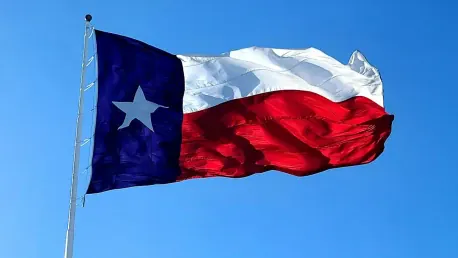Governor Greg Abbott has announced his intention to expand Texas’ Diversity, Equity, and Inclusion (DEI) ban beyond higher education institutions to encompass K-12 schools, a move driven by his administration’s belief that DEI initiatives propagate divisive ideologies and inject biases into the educational system. Abbott’s proposal is part of a larger conservative initiative to reevaluate and limit DEI policies, aligning with a national trend to restrict what some deem politically motivated educational content.
Critics of DEI initiatives argue that such measures compromise educational quality and assert that they are both superfluous and detrimental. They claim that DEI efforts result in ideological indoctrination, diverting attention from the primary goals of education. On the other hand, proponents maintain that DEI initiatives are crucial for fostering inclusive environments and addressing historical inequities, playing a vital role in creating a diverse educational landscape.
Abbott and his supporters stress the importance of removing perceived political biases from the education system, advocating for a focus on traditional academic skills. Their preference for a uniform educational experience, devoid of what they characterize as social engineering, underscores their approach. This policy shift signifies a substantial change in Texas’ educational framework, reflecting a broader ideological divide over the role of DEI in schools.
The outcome of Abbott’s proposal will have far-reaching implications, potentially reshaping the educational landscape of Texas for years to come. It presents educators and policymakers with the challenge of balancing inclusiveness with the need for ideological neutrality. The future direction of Texas’ curriculum and broader educational environment hinges on the resolution of this debate, which encapsulates a deeper conversation about the value and impact of diversity, equity, and inclusion in the educational domain.









